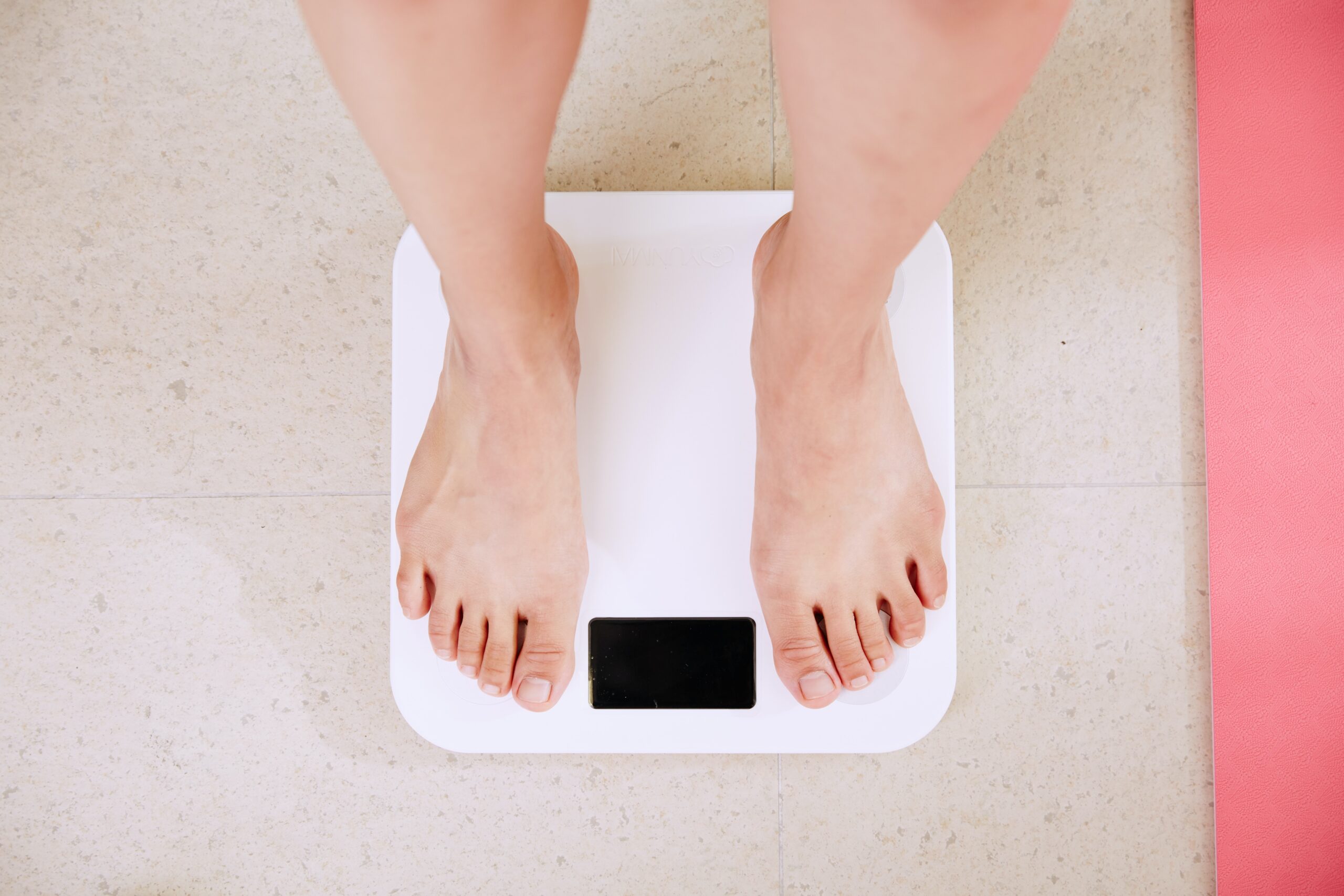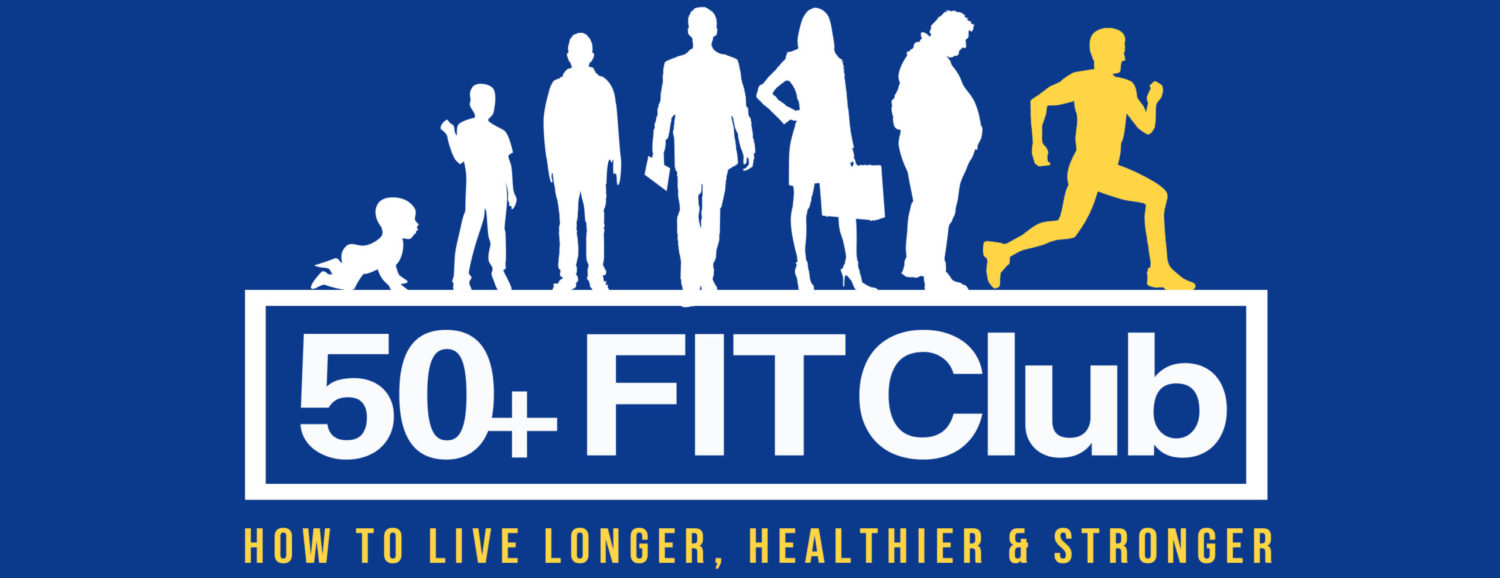
There are a lot of people who absolutely hate getting on the scale. After putting in a week or more of exercise and dieting, it can really be frustrating if the number you see hasn’t changed (or has gone up). Some people get so caught up while chasing their goals that they will get on the scale every day, even multiple times each day. Since the body can only change so fast, and not all changes are registered as weight, this of course can be less than motivating.
A larger problem than the actual number not moving in the right direction is the way this can trigger negative emotions, and even a sense of hopelessness and depression, in some people. I’ve had clients who would allow the number on the scale to either make or break their day. If it’s the latter, that can often lead to straying away from the good fitness practices that they intended to follow. People often stop believing and start giving up if they don’t see what they consider to be the right amount of progress. Is all this the scale’s fault?
The bottom line is that the scale is not your enemy. It is simply one tool that can give you a limited amount of information about your progress, or lack thereof. The body actually has a weight range of several pounds as opposed to one true weight. So, you will slide within that range due to various factors throughout the day or week (total body water being a big one of them). You don’t really weigh “150 pounds”. You really weigh approximately 148-152 pounds. You will weigh more or less depending on the time of day, food intake, water intake, glycogen storage, sodium fluctuations, regularity, inflammation, stress levels, etc. Your true weight will constantly be a moving target as you fluctuate through your range. It makes no real sense to allow the varying effect of the earth’s gravitational pull on your body to trigger self-doubt and emotional depression.
So, why even bother to weigh yourself? Because with the right mindset, and combined with other tools, the scale can be your friend. What it can do is give you some degree of awareness. It tells you one aspect of what your body is doing. It would be better to know that you are gaining 3 pounds each week (while you still have a chance to do something about it) than allow yourself to pretend it’s not happening for 10 weeks and gain 30 pounds! Yes, it can be frustrating if you feel you’ve done everything right and don’t see a change. Remember, not all changes are immediate, and not all improvements are reflected by weight. If your goal is to get leaner and lighter, you could be gaining enough muscle to temporarily affect the poundage loss. Even when the scale is telling you something other than you want to hear, that is always better than not knowing what your body is doing. If you are gaining, losing at the right rate, losing too fast (yes, also a problem), or staying the same, you want to know and will be better off for it. Knowing allows you to make the necessary adjustments (when combined with other information) that will ultimately give you the results you’re looking for.
So, what’s the best way to use the scale? Only weigh yourself “officially” once a week. Pick the same day of the week, the same time of day, the same scale, the same outfit (or lack thereof), etc. You want to eliminate as many variables as possible. Don’t overreact to what the scale is telling you, good, bad, or indifferent. It is only giving you information. Week to week, it will go up, down, backward, sideways, etc. There is no such thing as linear progress. Just because you are not consistently dropping at the same rate doesn’t mean that the sky is falling (or that you’re a bad person). Combine your month to month results (yes, monthly as in long-term fitness goals) with other information tools like circumference measurements (arms, legs, waist, hips, etc.) and pictures or video progress. You’ll be surprised how often there is little change on the scale, but the measurement or the pictures show true progress. But you still need the scale to complete the picture as it can be a quick check to keep you accountable until the results you want to see start to show.
The scale can be your enemy if you allow it to affect you negatively simply because it’s not telling you what you want it to. It can be your friend if you use it properly, as a source of information, and combine it with other tools to keep you aware and able to make the needed adjustments. The bottom line is that you need some way to track your progress over time. If the time frame is right (week and months as opposed to hours and days), the scale will be like that friend who tells you exactly what they think, then you get to decide how best to use the information.




Leave a Reply